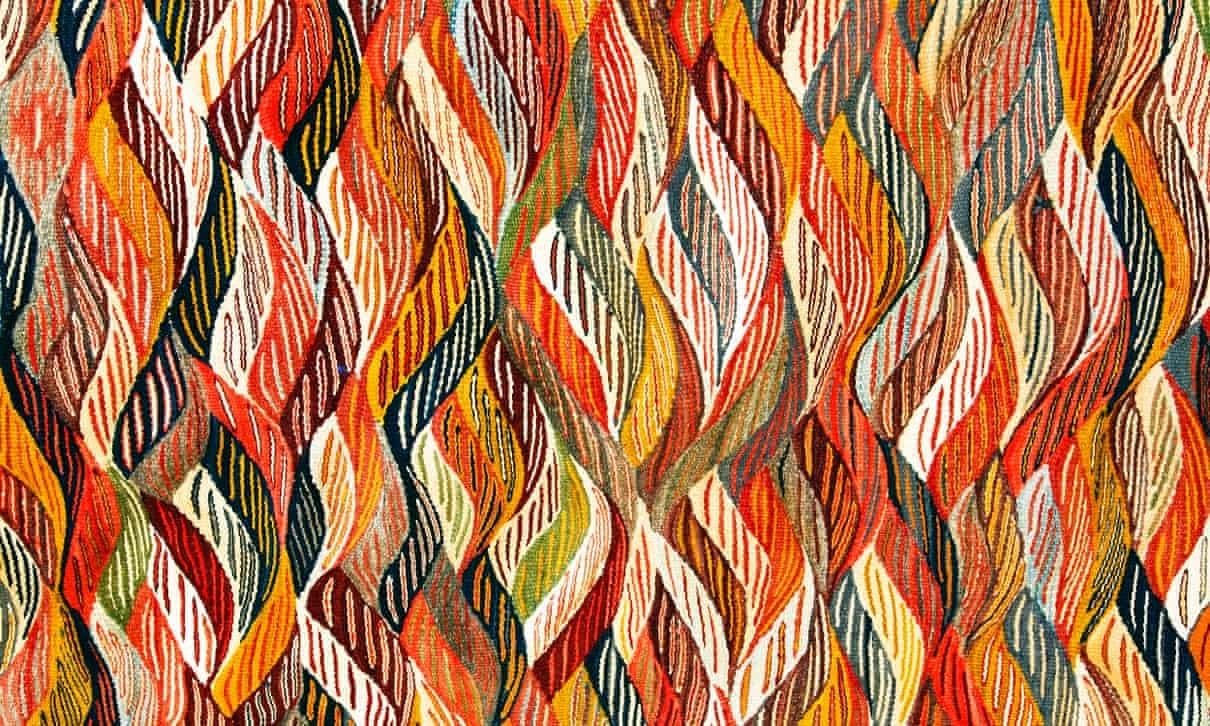The study of – and training in – the design and use of textiles and other materials to create clothing
What you’ll learn
Fashion students are taught to understand the construction of clothing. This means practicing drawing, pattern-cutting, and tailoring, and developing an understanding of shape and color. Lecturers will also help you build a knowledge of the industry. You’ll gain insight into how the fashion world functions commercially, and the professional qualities needed to work in the sector.
Textile degrees focus on the design of the cloth used for clothes and interiors: think materials, textures, colors, patterns. Undergrads will have access to workshops and modern technologies, such as image manipulation software and digital embroidery machines. Much like fashion students, you’ll be taught the history of textile design.
How you’ll learn
Aside from honing practical skills required to work with various materials and techniques, you’ll carry out visual research and generate original ideas. You’ll be expected to evaluate and reflect critically on your work, placing it in a historical and cultural context. There’ll be plenty of seminars and lectures, as well as studio time.
You’ll be assessed via essays and project work, and you’ll likely submit work to shows and develop a portfolio.
Universities require students to complete work placements before graduating. Such experience can enable students to develop commercial awareness. Many courses are taught by current designers or textile practitioners who can offer advice on building networks of contacts and self-promotion.
Entry requirements
These vary. Useful subjects include English, maths, art, design and technology, and textiles at A-level or equivalent. A foundation diploma in art and design may help your application.
What job can you get?
Forging a career in fashion and textiles is tough, but there are options out there. You could become a designer for men’s or women’s wear, a stylist, illustrator, in-house designer, journalist, or teacher. Many graduates work in the retail fashion industry, as buyers, merchandisers, or managers. Some have portfolio careers, working for a range of clients.
Some textile graduates work as textile technologists (quality-controlling textiles), textile designers, or assistant designers. They may specialize in color and fabric prediction work.

